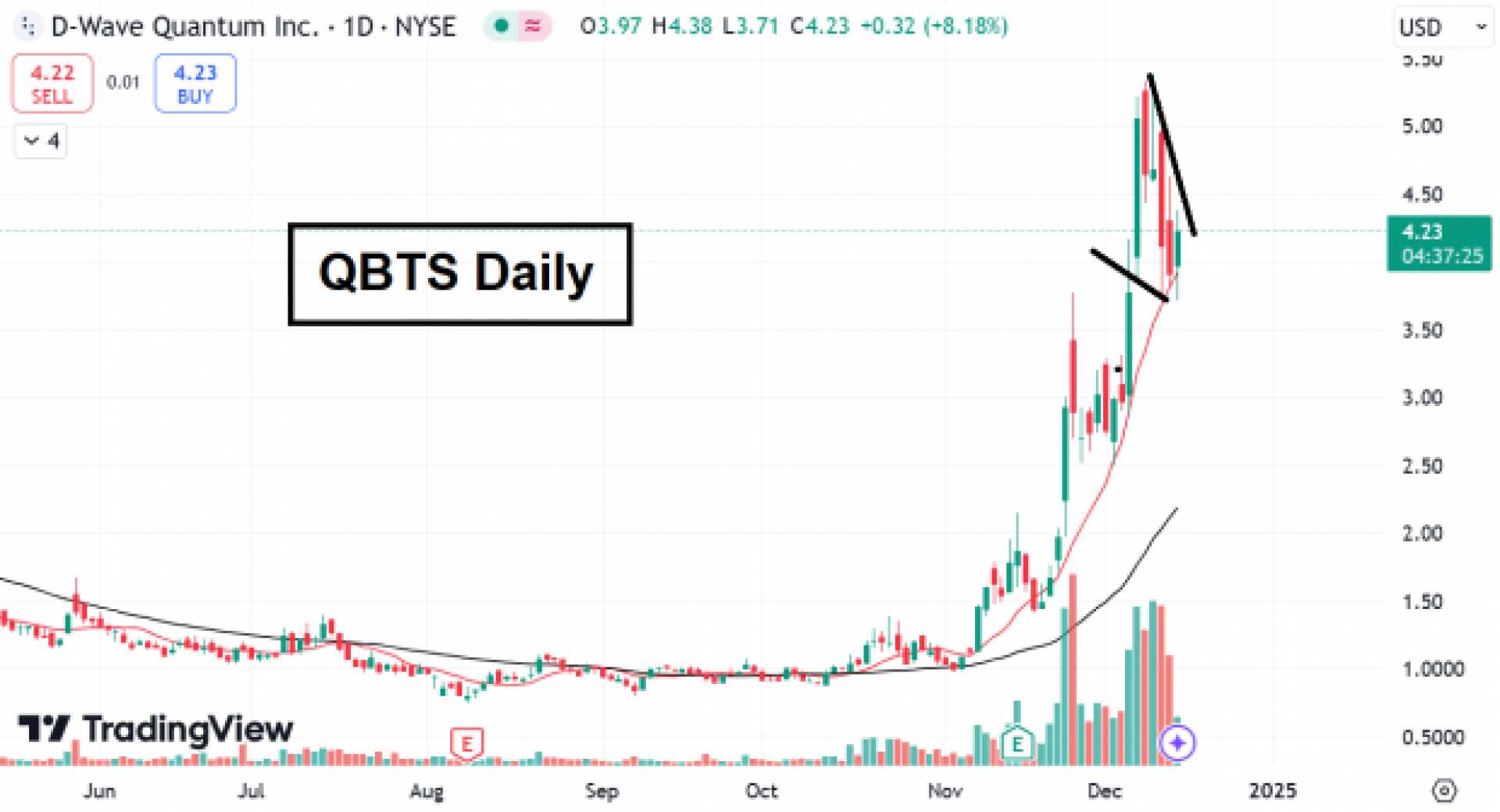Business
Quantum Computing Stocks Face Potential Bubble as Investors Cash Out

NEW YORK, NY — Investors are starting to reconsider their stakes in quantum computing stocks, which have seen rapid price surges over recent years. Stocks like IonQ and Rigetti Computing have skyrocketed, raising concerns about a potential market bubble.
As of October 13, 2025, the market capitalizations for leading quantum companies are substantial. IonQ stands at $23 billion, while Rigetti Computing claims a valuation of over $11 billion. Investors have driven these companies’ stock prices up 5,130% and 5,255% respectively in the past year, suggesting an unsustainable hype surrounding quantum technology.
Quantum computing, reliant on principles of quantum mechanics, offers solutions to complex problems beyond the capabilities of conventional computers. This technology is promising for drug development, cybersecurity, and enhancing Artificial Intelligence (AI) systems. Analysts predict the quantum computing market could reach $100 billion by 2030 and generate up to $850 billion in economic value by 2040, according to reports from McKinsey and the Boston Consulting Group.
Despite the optimism, the financial health of these companies raises red flags. IonQ reported revenue of just $20.6 million in its latest quarter, winning attention but still posting substantial net losses of $176 million for the quarter and $209 million for the first half of the year. Rigetti’s revenue in the same period was only $1.8 million, leading to significant operating losses.
The increasing price-to-sales ratios of these companies are indicative of a potential bubble. For example, IonQ’s ratio stands at 303, and Rigetti reports a staggering ratio of over 1,000, figures that would require sustained revenue and earnings growth to justify. With the AI sector witnessing solid revenue gains among companies like NVIDIA, quantum computing firms are caught in a challenging position.
While current buzz may attract investors, market experts warn that history shows pioneering technologies often encounter harsh corrections. Many past innovations have seen initial excitement lead to bubbles, which eventually burst when revenues fail to meet inflated expectations. As such, those heavily invested in quantum computing are advised to tread carefully.
As the debate continues, the future of quantum computing remains uncertain, and whether it will fulfill high expectations or fall victim to overzealous speculation is yet to be determined.












